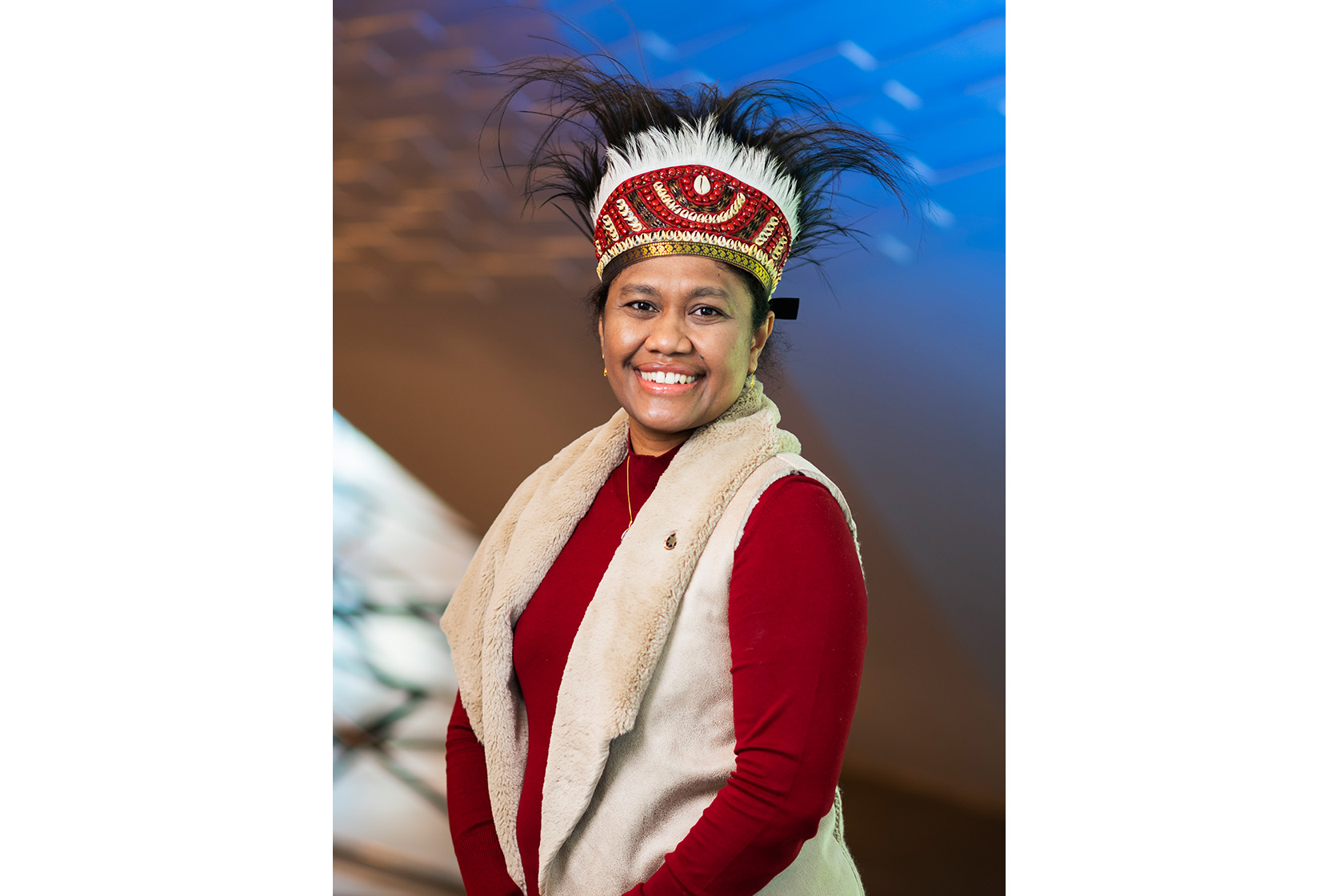
 Monita Wambrauw Leads the Way for Women in Transport Systems Engineering in Papua
Monita Wambrauw Leads the Way for Women in Transport Systems Engineering in Papua
Monita Yessy Wambrauw is an inspiring OzAlum from the University of South Australia who has defied gender bias in science, technology, engineering and mathematics (STEM) to become a lecturer at Department of Urban Planning, Universitas Cendrawasih in the field of transport systems engineering.
“I am the youngest of three sisters, and we all have doctorates in STEM disciplines. We are lecturers at our respective universities, too.”
Creating connectivity through a transportation system
Monita’s first degree was in civil engineering, which she completed at Universitas Atmajaya in Yogyakarta. When it was time for her to pursue a Masters degree at University of South Australia, Monita chose a field she was passionate about: transportation.
The infrastructure in Papua is some of the least developed in Indonesia. Air transport has been the most effective means of transportation to date, albeit an expensive one. In the past few years, the central government has heavily invested in road infrastructure to connect regions in Papua.
“Areas that were previously isolated are becoming connected, but the focus has mostly been on moving logistics and less on public transportation. Without public transportation, travelling from mountainous areas to the cities is still expensive… Adequate and affordable transportation impacts access to education and health facilities, lower distribution costs and foodstuff at reasonable prices.”
Advocating for road safety and using her knowledge to help others
During her studies in Adelaide, Monita observed the stark difference to Jayapura when it came to traffic. Now she not only talks about road safety with her students, but she has also enlisted them to volunteer their time to teach others.
Volunteerism and networking have always been part of Monita’s life. When she was in Adelaide she was part of several local organisations. Monita, along with her sisters, is active at her university’s Climate Change Research Centre where she does research on carbon emissions caused by transport. Recently the sisters worked together to help the people of the Grime Nawa Valley in Papua calculate fair compensation for the use of their lands and the preservation of their forests for a hydropower project.
When Monita went back to Adelaide for her PhD at University of South Australia, both her husband and daughter joined. The family cherished their stay there and have happy memories. Adelaide became their second home, and her daughter dreams of studying veterinary sciences in Australia.
Monita stays in touch with colleagues and friends and still works closely with her professors. They are co-authoring a paper on connectivity and tourism transportation in Asmat.
